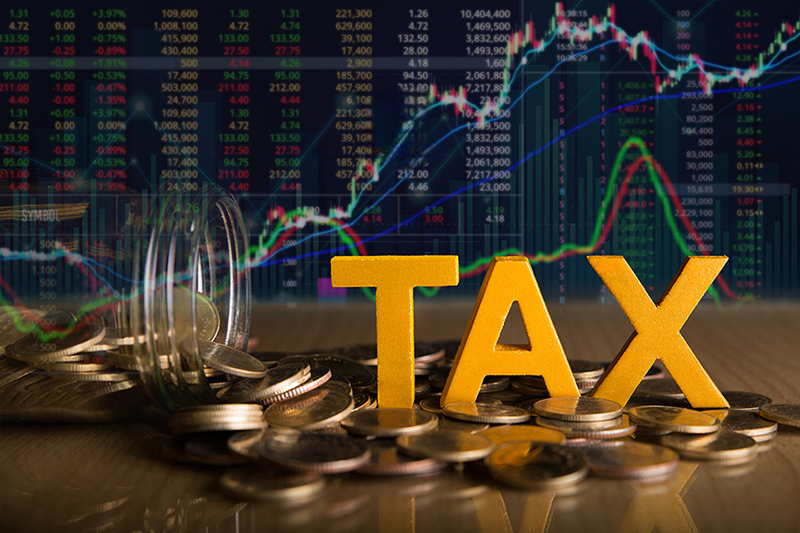As a trader, you are aware of the need to pay taxes on your forex income. Fortunately, there are ways to minimize this responsibility and lower your tax bill accordingly.
US traders who trade options or futures have the choice to file their taxes under Section 1256 or 988. Traders must select their tax treatment before January 1 of the trading year; however, changes can be made later with IRS approval.
Capital Gains Tax
When you sell a capital asset, such as stocks or property, you must pay capital gains tax. This is because the asset has been held for longer than originally paid for and thus its value has grown beyond what was paid for it.
Investors or casual forex traders alike should take into account capital gains tax when planning their strategy. It’s essential to understand what a capital gain is, what the tax rate is and how to calculate it accurately.
As a general rule, you must file your taxes as soon as possible in order to avoid penalties and make sure all payments are made correctly.
Some traders mistakenly believe they can avoid paying taxes on their forex trading by doing over-the-counter (OTC) trading, but this isn’t a wise practice. The IRS will eventually catch up to you and charge much higher penalties than what is owed in taxes.
Income Tax
Forex trading can be a lucrative opportunity in the foreign exchange market, but it’s essential to know how much tax you may owe. Forex trading typically falls under individual income tax rates but may also be subject to capital gains and corporation taxes.
The amount of income tax due on forex transactions depends on the currency traded and how long you hold it before selling. Traders who hold currencies for less than 12 months are considered “trading income”, meaning their profits will be taxed at individual income tax rates.
Traders who hold currencies for more than 12 months must pay capital gains tax when they sell the assets purchased. This rate varies by jurisdiction and investment type, usually at either a flat or progressive rate.
Corporation Tax
Corporation tax is a tax levied on profits generated by businesses. The amount charged varies for every company depending on its structure and how the transaction was completed.
Forex trading entails currency exchanges between two countries and is subject to both federal and state taxes, as well as any other fees associated with conducting foreign currency trades.
Additionally, forex traders have special rules which permit them to deduct foreign exchange losses. Furthermore, the IRS allows taxpayers to apply for exemptions from foreign currency taxes on certain transactions between US businesses and their subsidiaries abroad.
Although it’s not uncommon for some traders to try and circumvent taxes on their forex transactions, it is essential that they take all necessary precautions. Doing so can potentially save hundreds or even thousands of dollars in the long run if done correctly the first time and keeping records as accurate as possible.
Filing Your Taxes
Taxes are an inevitable part of life and, as a forex trader, you should ensure they’re paid on time to avoid penalties and fees that could make your life much harder.
Additionally, it’s wise to keep a comprehensive record of your profits and losses and consult a tax professional prior to filing your return. Doing this ensures you don’t overlook any important deductions like health care coverage, student loan interest or charitable contributions.
Before the new tax year begins, you’ll need to decide whether you should file your forex trading under IRC Section 988 or 1256. Depending on your trading activity and tax bracket, either option could be more advantageous for you.
Report your foreign currency profits and losses on Form 1040 or 1040NR, depending on how long you held the position before closing it. These gains and losses are classified as either short-term or long-term capital gains depending on when they occurred.








